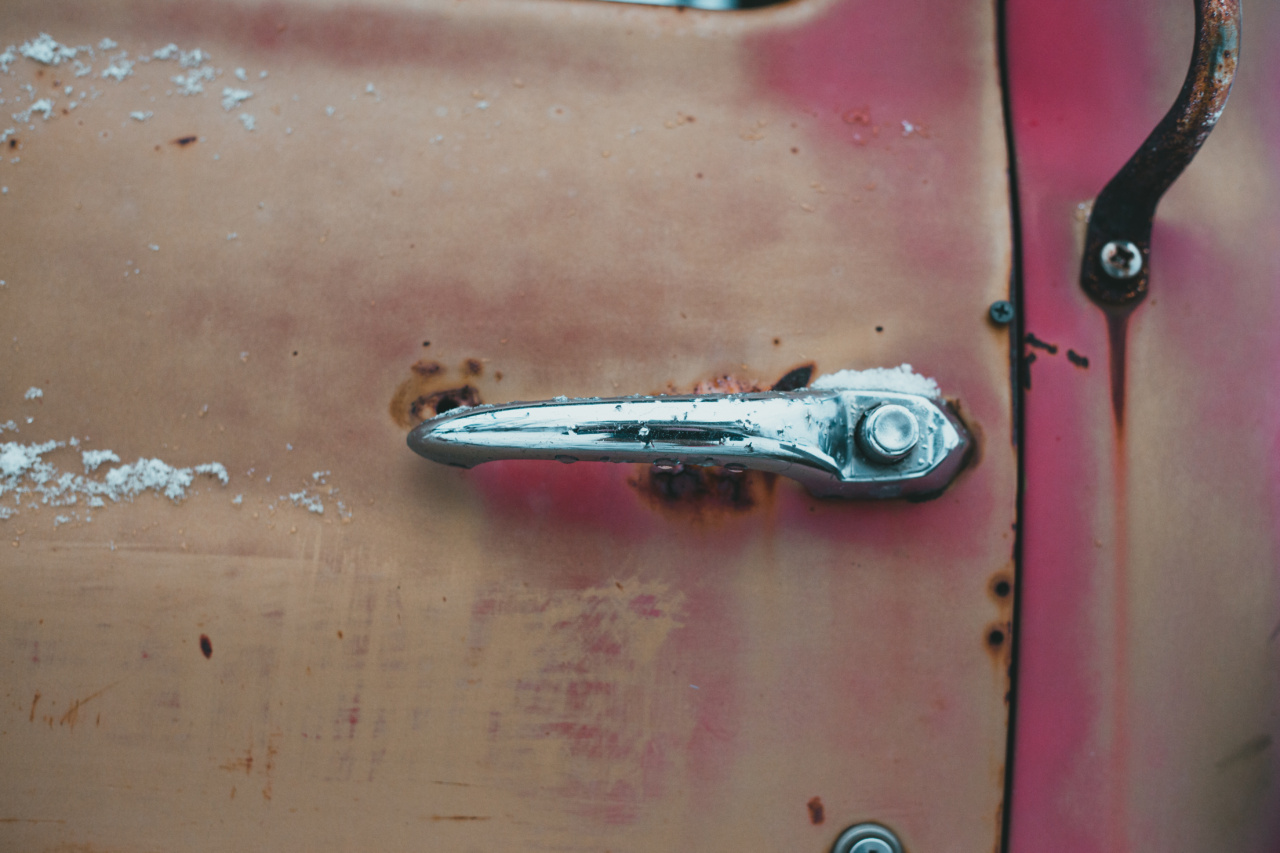Have you ever wondered what happens to our bodies while we sleep? It turns out that our bodies undergo a variety of repair processes during our slumber, including the repair of DNA damage.
DNA, the building blocks of life, is subject to damage from various external and internal factors. However, our bodies have an incredible ability to fix these damages, and sleep plays a crucial role in this restorative process.
The importance of DNA repair
DNA damage occurs naturally due to the normal functioning of our cells, but it can also be caused by exposure to environmental factors such as UV radiation, chemicals, and pollutants.
If left unrepaired, DNA damage can lead to mutations and genomic instability, which are associated with various diseases, including cancer.
Our bodies have evolved an intricate system of DNA repair mechanisms to counteract these damages. These repair processes include base excision repair, nucleotide excision repair, mismatch repair, and double-stranded break repair, among others.
These mechanisms identify and correct different types of DNA damage, ensuring the integrity of our genetic material.
DNA repair during sleep
Studies have shown that DNA repair processes are particularly active during sleep.
One of the reasons behind this increased repair activity is the decreased metabolic demands during sleep, allowing more resources to be allocated to restorative processes. Additionally, changes in gene expression and epigenetic modifications that occur during sleep further support the repair of DNA damage.
During sleep, our bodies experience changes in DNA methylation, which is an epigenetic modification that can regulate gene expression. DNA methylation patterns play a crucial role in maintaining the stability and function of our cells.
Sleep deprivation or disruption can lead to alterations in DNA methylation, impairing DNA repair processes and potentially increasing the risk of genetic instability and diseases.
Repairing oxidative DNA damage
Oxidative stress is a major contributor to DNA damage, and it is caused by an imbalance between reactive oxygen species (ROS) and our body’s antioxidant defenses.
Sleep has been shown to regulate the levels of ROS and antioxidants, helping to restore the balance and prevent excessive DNA damage.
Several studies have demonstrated the role of sleep in repairing oxidative DNA damage.
For example, a study published in the journal Nucleic Acids Research found that sleep deprivation resulted in an increase in oxidative DNA damage in blood cells. On the other hand, another study published in the Journal of Pineal Research showed that melatonin, a hormone that regulates sleep, has protective effects against oxidative stress and DNA damage.
Repairing DNA damage caused by UV radiation
Excessive exposure to UV radiation can lead to substantial DNA damage, including the formation of thymine dimers. These DNA lesions are associated with skin cancer and aging.
During sleep, our bodies engage in specific DNA repair mechanisms to fix UV-induced damage.
Research conducted at the University of Newcastle, Australia, revealed that the repair of UV-induced DNA damage was significantly more efficient during sleep than during wakefulness.
The study showed that a particular DNA repair enzyme, photolyase, exhibited increased activity during sleep, contributing to the repair of thymine dimers. These findings highlight the importance of sleep in mitigating the harmful effects of UV radiation.
The role of circadian rhythms in DNA repair
Circadian rhythms, which regulate our sleep-wake cycle, also play a significant role in DNA repair processes.
DNA repair enzymes and other factors involved in these processes exhibit daily variations in activity, with peak levels coinciding with our regular sleep time.
Disruption of circadian rhythms, such as those caused by shift work or frequent travel across time zones, can impair DNA repair and increase the risk of DNA damage accumulation.
Studies have shown that individuals working night shifts or experiencing chronic jet lag have higher levels of DNA damage compared to those with regular sleep patterns.
The impact of sleep disorders on DNA repair
Sleep disorders, such as insomnia or sleep apnea, can have detrimental effects on DNA repair processes. Chronic sleep deprivation or poor quality sleep can impair the efficiency of DNA repair mechanisms, leading to the accumulation of DNA damage.
A study published in the journal Brain, Behavior, and Immunity found that individuals with insomnia showed reduced DNA repair capacity compared to those without the sleep disorder.
Another study published in the American Journal of Respiratory and Critical Care Medicine revealed that sleep apnea patients had increased levels of DNA damage in their blood cells.
Optimizing sleep for DNA repair
Given the importance of sleep in DNA repair, it is crucial to prioritize healthy sleep habits to support these restorative processes. Here are some tips for optimizing your sleep for DNA repair:.
- Establish a consistent sleep schedule and aim for 7-9 hours of quality sleep per night.
- Create a sleep-friendly environment that is cool, dark, and quiet.
- Avoid electronic devices, caffeine, and stimulating activities before bedtime.
- Practice relaxation techniques, such as deep breathing or meditation, to promote better sleep.
- Exercise regularly, but avoid intense workouts close to bedtime.
- Avoid large meals and alcohol before sleep, as they can disrupt sleep quality.
By following these recommendations, you can enhance your sleep and support DNA repair processes, ultimately maintaining the integrity of your genetic material and promoting overall health.



























